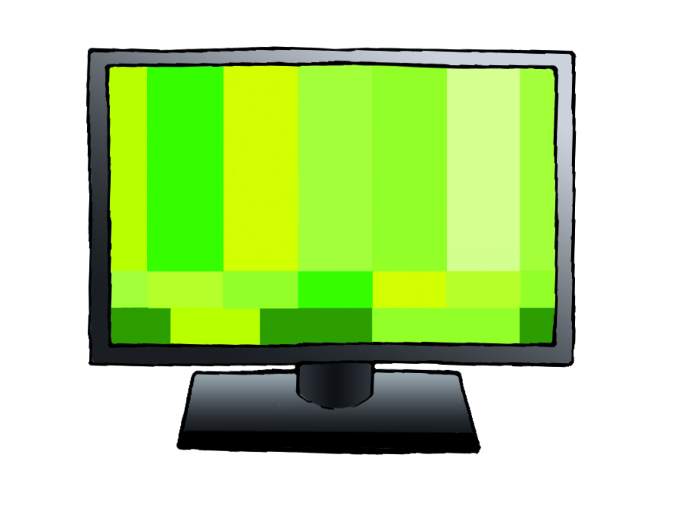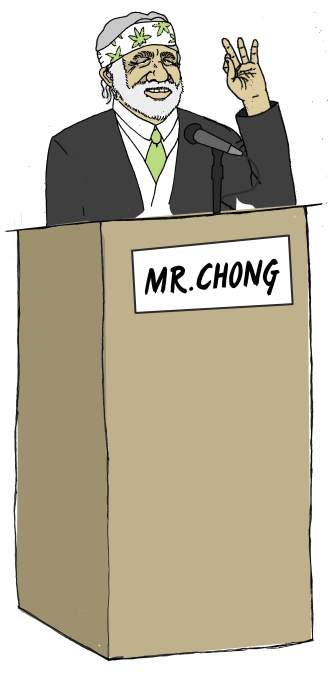With the election of a progressive Prime Minister, Canada jumps way out ahead on legalization.
Oh! Canada! Not only did our neighbors to the north elect a handsome, progressive, yoga-practicing Prime Minister, but they put into power a man who promises to legalize marijuana across the Great White North, from VanCity to Haligonia. The Liberal Party’s Justin Trudeau pledged during his campaign to legalize recreational cannabis use “right away,” and, unlike our legislative clusterfuck known as Congress, Canada’s parliament typically pays attention to the will of its people.
Canadian voters liked Trudeau’s reasoning for legalizing weed, including mega-tax revenues and eliminating the black market. Current laws were “making marijuana too easy to access for our kids,” Trudeau said, “and at the same time funding street crime, organized gangs, and gun-runners.”
According to a University of British Columbia study, more than seven and a half million people use cannabis in Canada, and legalization could bring in between five and 12 billion dollars. (Not sure if that’s Canadian or U.S. dollars. It’s so confusing!) The news of Trudeau’s victory has already helped established canna-businesses in Canada. Shares of listed companies such as Mettrum Health and Aphria, which currently produce for the medical system, have had major stock-price gains since Trudeau’s surprise win. The biggest current producer of Canuck chronic is called Canopy Growth Corp., and their shares are up more than 20 percent. “I think what you’ll see perhaps, after this election,” noted Canopy Growth CEO Bruce Linton, “is a recognition that there is an opportunity to collect taxes on something that is already being sold into the market illegally or illicitly.”
Justin Trudeau isn’t just providing lip service in regard to the legalization of ganja . . . well, he is, actually. The Prime Minister-designate admits to having smoked reefer, and not just in a “tried it and didn’t inhale” kinda way. “When the joint went around the room, I usually passed it around to the next person,” he told HuffPo a few years back. “But sometimes throughout my life, I’ve had a pull on it.” According to the tube-ripping Trudeau, the last time he was high was three years ago, which would mean he fired up after having been elected Montreal’s MP. “Sometimes, I guess, I have gotten a buzz, but other times no. I’m not really crazy about it.”
It’s a refreshing bit of candor from a politician in any country, really; Trudeau has said pot’s not his bag, but he doesn’t see a reason to bust the balls of adults who dig it. “I’m not someone who is particularly interested in altered states, but I certainly won’t judge someone else for it,” Trudeau stated, adding he’d only gotten baked five or six times. “I think that the prohibition that is currently on marijuana is unjustified.”
As in the United States, arrests for marijuana possession have been rising in Canada, but hopefully that trend will be reversed. Under the previous PM, conservative Stephen Harper, arrests soared by 30 percent (475,000 under his watch), and draconian mandatory minimum sentences were put in place. If Trudeau immediately allows for simple possession, those arrests will come grinding to a halt. He may also allow for home grows, currently not allowed under the Controlled Drugs and Substances Act. Trudeau said on the campaign trail last month in Vancouver that he’d work to pardon those currently in jail for marijuana-related offenses. “There have been many situations over history when laws come in that overturn previous convictions. And there will be a process for that that we will set up in a responsible way.”
If Trudeau makes good on his legalization promise, Canada will be the first major (or “developed”) country to do so. (Sorry, Uruguay, you don’t count.) Even the Netherlands, Spain, and Germany, which have lax laws, haven’t fully legalized sale, cultivation, and recreational use.
National implementation, of course, is complicated, given taxation levels, potential home grows, and impaired driving rules, and could take up to a year to create. And of course there’s the possibility Trudeau’s plans might piss off the U.S. government. “The biggest concern I always had was the thickening of the border and being off-side with the United States,” Trudeau noted about his plans. “I do not see this as a slippery slope. . . . I see this as an issue of legislators slowly catching up to where public opinion and public behavior actually is.”
While America is taking a slow-but-not-so-sure state-by-state approach to legalization, there are myriad benefits to doing it at the national level. By listing cannabis as a Schedule I narcotic under federal law, the U.S. government maintains roadblocks related to interstate commerce, banking, insurance, and federal tax codes. It also is delaying scientific research on its medicinal uses, and leaving organic standards and oversight to individual states.
Given our 3,987-mile border with Canada, we can either build a wall to keep Canadian potheads out, or legalize it ourselves. The choice is quite clear.





